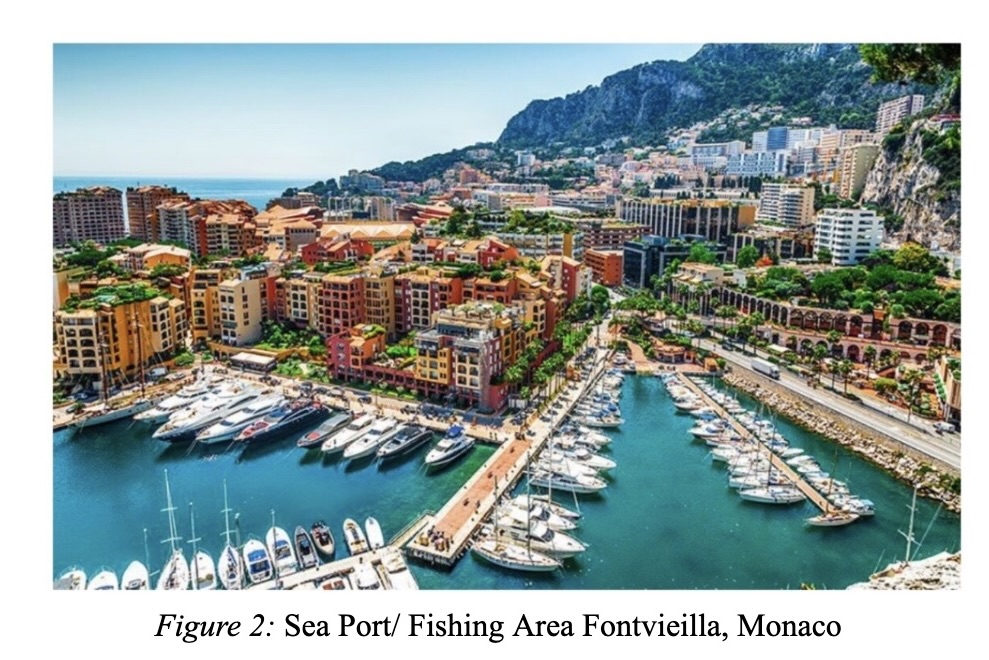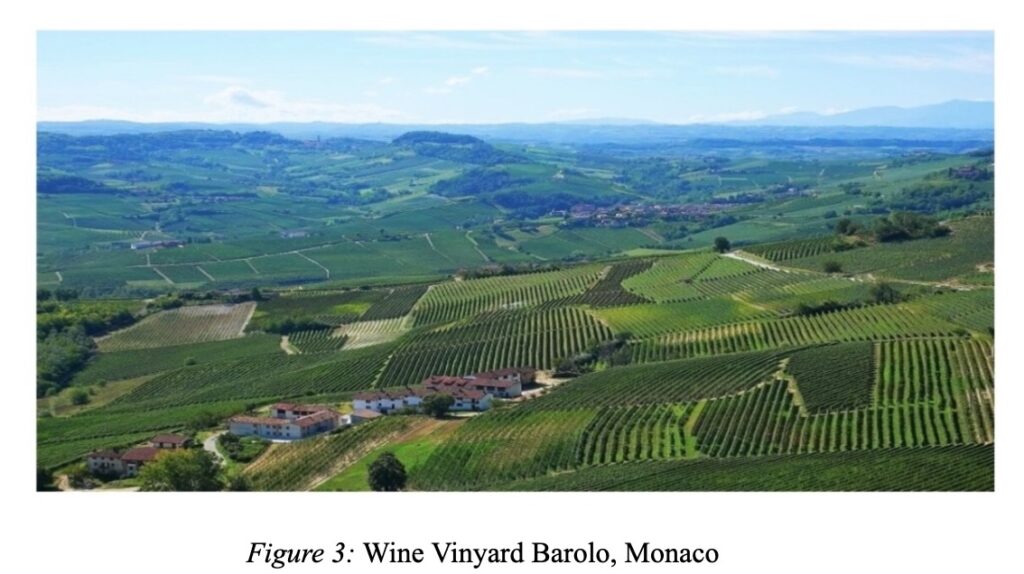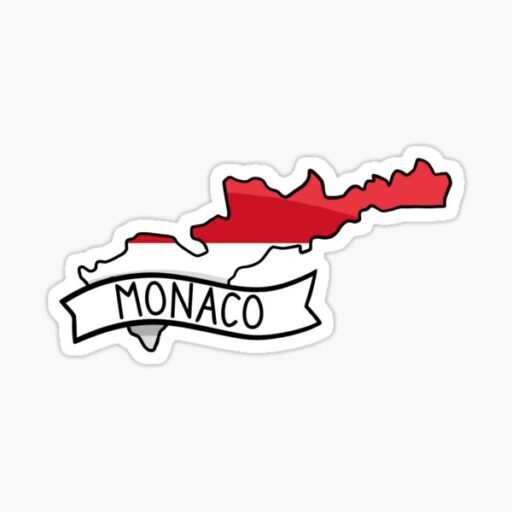Monaco’s only natural resource includes fish which are sourced from the 2.38-mile coastline along the Mediterranean. The population’s diet heavily relies on fish, contributing to a Mediterranean-style eating pattern associated with improved health and longevity (Hinzey, 2023). However, overfishing poses a threat to Monaco’s economy and the Mediterranean region. Compounded by a lack of space for agriculture due to the small, uneven terrain, Monaco heavily depends on imports for sustenance, including food, water, and energy (Sawe, 2019). Despite its small land area, the principality attracts wealth due to tax advantages, prominent casinos, and events like the Monaco Grand Prix (Fernandes, 2023). Monaco depends significantly on France for essential resources, trade, and tourism.

Monaco, though lacking abundant natural resources, maintains key partnerships for its needs. These include obtaining wine from France, textiles from Italy (constituting nearly 20% of total exports), and participating in the ITER, International Thermonuclear Experimental Project, for energy reliance. The economy heavily relies on trade and tourism, with the UK being a significant driver in wine import and export, elevating France’s role as a Mediterranean wine exporter (Llyod, 2019). While spring frosts pose a potential threat to wine supply, the industry often utilizes aged wine from the previous year (Reuters, 2022). Additionally, Monaco’s involvement in the ITER, alongside the European Union, focuses on advancing fusion energy development (EEAS, 2021). Despite a scarcity of natural resources, Monaco plays a pivotal role in the import and export dynamics of Western Europe.




